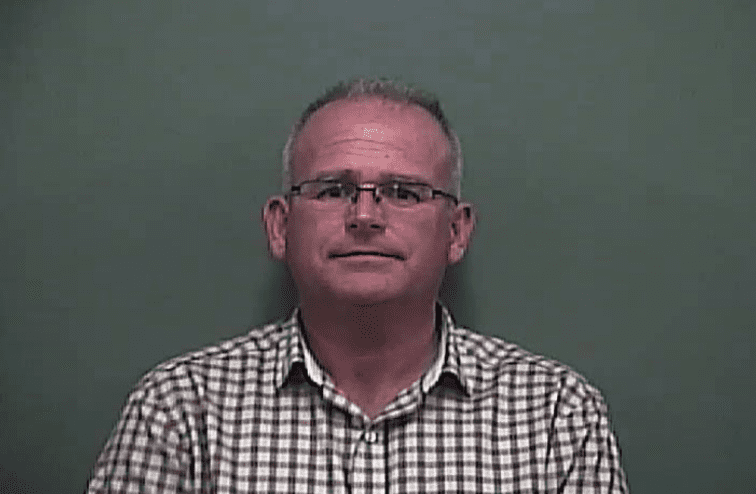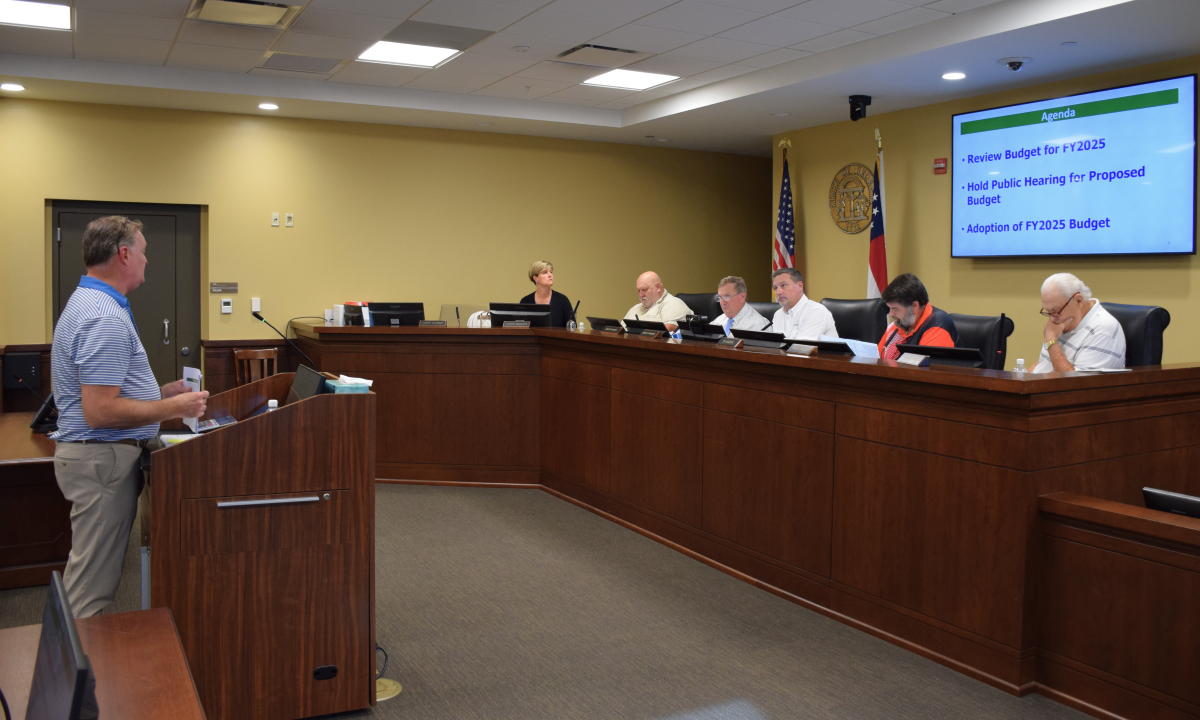
It’s never too early to plan for possible weather disasters, but it can be too late if you wait.Now that spring is here and severe weather is threatening, the National Weather Service is urging Georgians to review tornado safety guidelines. The weather service urges the public to “plan ahead and know where you would seek shelter if a warning is issued for your area!”
During the storm
The Federal Emergency Management Agency (FEMA) offers the following guidelines to help protect you and your family when tornadoes strike:
- If you can safely get to a sturdy building, then do so immediately.
- Go to a safe room, basement, or storm cellar.
- If you are in a building with no basement, then get to a small interior room on the lowest level.
- Stay away from windows, doors, and outside walls.
- Watch out for flying debris that can cause injury or death.
- Use your arms to protect your head and neck.
- Take additional cover by shielding your head and neck with your arms and putting materials such as furniture and blankets around you.
Keep a battery-operated radio or fully charged cellphone with you to listen to and view local weather radio reports. Monitor EAS, NOAA Weather Radio, or local alerting systems for current emergency information and instructions.
If you’re caught outside in a tornado…
- Do not try to outrun a tornado in a vehicle.
- If you are in a car or outdoors and cannot get to a building, cover your head and neck with your arms and cover your body with a coat or blanket, if possible.
- Do not get under an overpass or bridge. You’re safer in a low, flat location.
After the storm
While many people don’t think past the initial disaster in their planning, it’s important to also prepare and know what to do after a tornado strikes. FEMA offers the following guidance:
- Keep listening to EAS, NOAA Weather Radio, and local authorities for updated information.
- If you are trapped, cover your mouth with a cloth or mask to avoid breathing dust. Try to send a text, bang on a pipe or wall, or use a whistle instead of shouting.
- Stay clear of fallen power lines or broken utility lines.
- Do not enter damaged buildings until you are told that they are safe.
- Save your phone calls for emergencies. Phone systems are often down or busy after a disaster. Use text messaging or social media to communicate with family and friends.
- Be careful during clean-up. Wear thick-soled shoes, long pants, and work gloves.
FEMA offers a free app for weather alerts and safety tips. It can also help you pinpoint shelters and disaster resource centers near you.
Click HERE to download the app from the App Store for iPhones. Click HERE to download the app on Google Play for Android.







